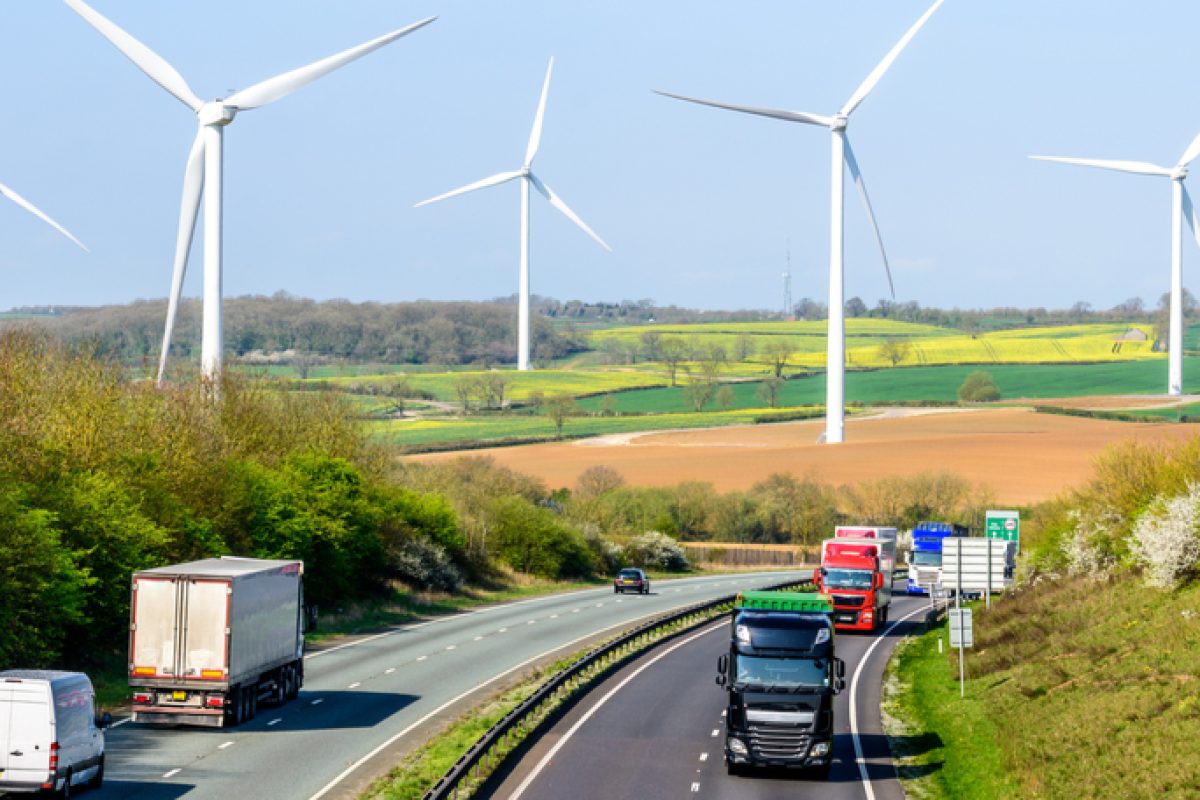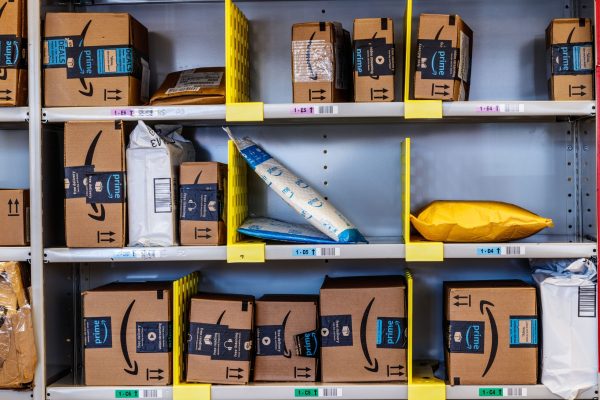A recent report from the UN warned that global carbon emissions must be reduced by at least 45% between now and 2030 to avoid catastrophic global warming.
The UN scientist report of August 2021, titled Code Red for Humanity, stated that carbon emissions must be reduced by 45 percent over 2010 levels by 2030 for the world to not exceed 1.5°C warming.
Global warming and climate change will affect everyone on the planet, drastically altering how we live and work in years to come. For supply chains, climate change will impact the manufacture of consumer goods, transport between regions and vehicle usage.
To reduce carbon emissions and minimise the impact of transport on the environment, the logistics industry faces a range of challenges. The biggest challenge will be balancing environmentally-friendly logistics, such as reducing vehicle emissions and sourcing sustainable packaging materials, with growing global demand for faster, cheaper e-commerce.
At COP26, the climate summit held in Glasgow, UK in 2021, the Internantional Sustainability Standards Board (ISSB) was announced. The board’s recommendations and requirements for globally consistent climate-related processes and disclosures will be published in the second half of 2022; clearly, the time for change is now.
Bodies like the ISSB and greater awareness of the impact of global warming will enable companies to better understand their impact on climate change – and the impact of climate change on their business.
For supply chain managers, the creation of a sustainable supply chain requires analysis of factors including: waste, carbon emissions, carbon footprints, labour conditions,health and safety, and worker exploitation.
There are numerous ways to make supply chains more sustainable, the efficacy of which will vary from business to business. Here are some lesser-known ways to mitigate high carbon emissions.
Fuel consumption
Beyond electric vehicles and banning idling engines, the way vehicles are driven can have a significant impact on emissions. Safe and Fuel Efficient Driving (SAFED) combines driver behaviours – such as gear shifting – with vehicle adaptations like improved aerodynamics to deliver both cost and carbon reductions.
Dead miles
Even after you’ve reduced fuel consumption, there’s still a potentially huge issue with your haulage fleet: the return journey.
Once your fleet has transported their load to the next stage of the supply chain, they’ll need to return to base to pick up more goods to transport. But when they’re driving back to their starting point, they’re burning fuel, creating carbon emissions, and using time on merely moving from one place to another.
Instead, look into ways to make this return journey more efficient. Perhaps there are materials that they could transport back to their starting point, or perhaps you could hire out your fleet for a portion of their return journey by transporting materials for another company? This would make the return journey more efficient, and also deliver more return on your investment of fuel and time.
A sustainable supply chain
As the world warms, we all have a social and environmental responsibility to limit our impact on the ecosystem and look for more responsible and sustainable ways to operate – without having a negative effect on consumer services.
The right logistics service can adapt to your needs and the needs to your customer, offering bespoke solutions such as sustainable packaging materials, low-carbon transport options and electric last-mile delivery. Sprint Logistics builds custom logistics services around our clients, ensuring that from pick and pack to warehousing and freighting, your logistics is fast, efficient and reliable.
Find out more about our logistics services and see how the right solution could benefit your business.




